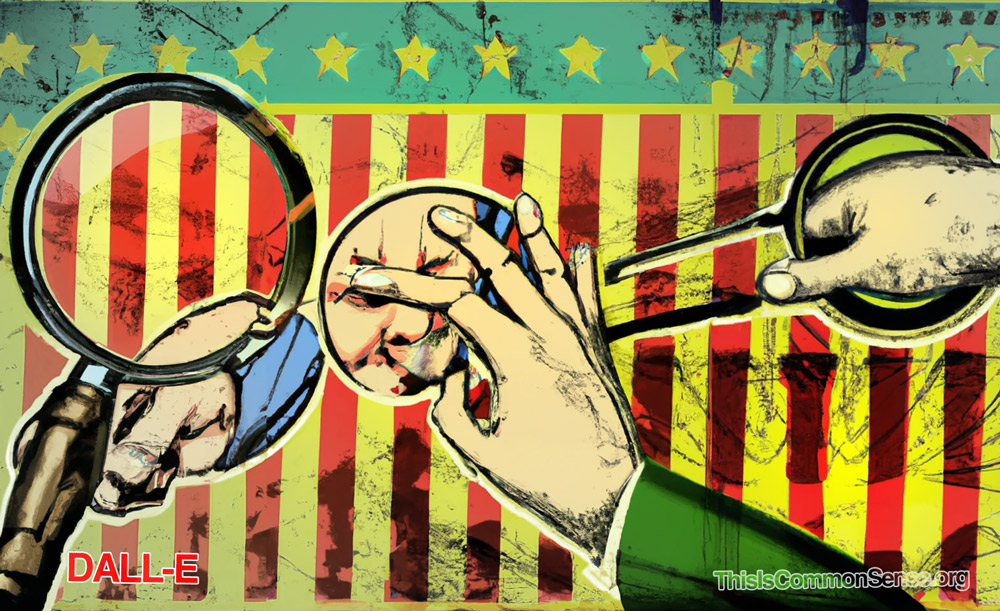Is the House of Representatives readying itself to do something to limit civil asset forfeiture initiated by federal agencies?
The legislation has emerged from the Judiciary Committee, so there is hope.
The Fifth Amendment Integrity Restoration Act (FAIR) would impose substantial limits on federal civil asset forfeiture — on the power of officers to grab someone’s cash or other belongings on the unsupported suspicion that it was involved in a crime.
Currently, this power to steal based on zero evidence and zero due process remains untrammeled. And forfeited funds thus grabbed can then be spent by the agencies that did the asset-grabbing.
Victims must spend years in the courts to get their stuff back, if they ever do.
FAIR would require “clear and convincing evidence” of wrongdoing. It would also prohibit law-enforcement agencies from being able to spend forfeited funds, eliminating a perverse incentive to rob people naïve enough to be carrying “too much” cash for whatever reason.
At National Review Online, Jill Jacobson says that the bill is “a step in the right direction” but doesn’t go far enough. Arguing on the premise of innocent until proven guilty, she insists “there is no reason why federal law enforcement should be seizing personal property from everyday citizens on tenuous suspicion.”
Or even non-tenuous suspicion, I would add, for not everyone strongly suspected of doing wrong can be proven to have done wrong. And citizens caught on the wrong end of a government official’s steely gaze should not be regarded as a public resource.
The reform isn’t finished until civil asset forfeiture is abolished altogether.
This is Common Sense. I’m Paul Jacob.
Illustration created with PicFinder.ai and DALL‑E
—
See all recent commentary
(simplified and organized)






